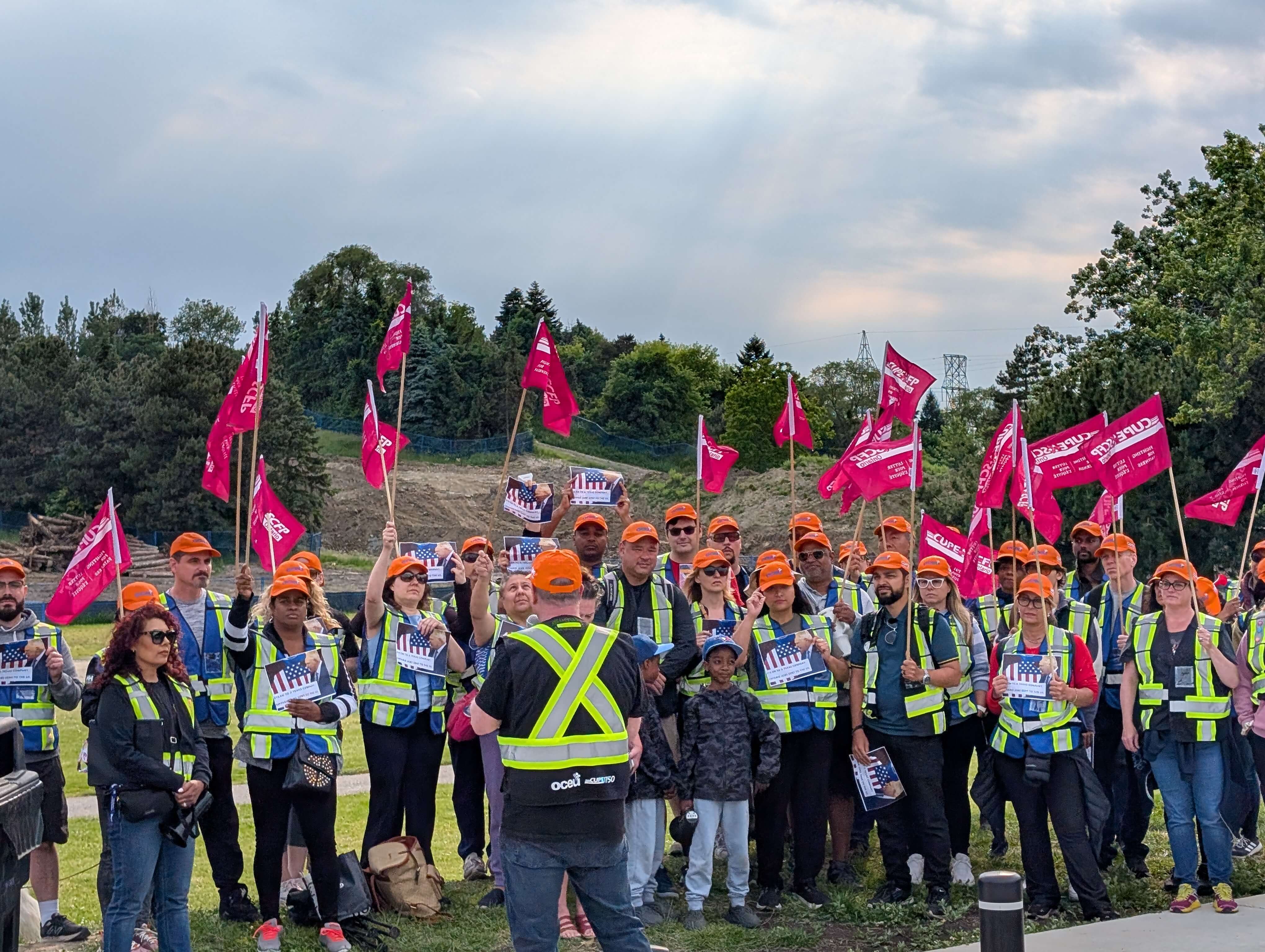Expert shares her vision for modern safety leadership

Eldeen Pozniak, founder and director of Pozniak Safety Associates is a leading voice in workplace safety. For her, safety leadership goes beyond technical expertise—it requires a blend of intelligences that work together to create a thriving safety culture. In a recent interview, Pozniak shared her "Five Intelligences of Safety" that she believes are critical for today’s safety professionals. "We have to pay attention to all intelligences that are around health and safety to make a really sound, successful health and safety professional," she says.
1. IQ: The constant intelligence
IQ, or cognitive intelligence, represents our basic ability to process information and solve problems. While IQ is something we're born with and doesn't change much throughout life, it remains crucial for safety leadership. "Our IQ is kind of what we come with—how we see information, how we deal with it," Pozniak explains. IQ forms the foundation for analyzing data, making sound judgments, and applying technical knowledge effectively, though it’s only one part of the equation.
2. Technical intelligence: The core competence
Building on IQ is technical intelligence, which forms the basis of safety training. It includes understanding hazards, assessing risks, and applying controls. "For years, when I started out in safety 30-plus years ago, that was the main thing—do you know the technical stuff?" Pozniak recalls. This intelligence covers the industry-specific knowledge needed to prevent accidents and ensure compliance. However, Pozniak stresses that safety leadership requires more than just technical expertise to be truly effective.
3. Emotional intelligence: Mastering people skills
The ability to understand and manage emotions—both your own and those of others—is what Pozniak calls emotional intelligence (EQ). "Emotional intelligence is basically the ability to recognize, understand, and manage not only our own emotions but the emotions of others," she explains. This skill is essential for safety leaders, particularly in high-stress or crisis situations. "We need to understand and relate to other people's emotions, which helps us communicate better and manage conflict," Pozniak notes. Emotional intelligence helps safety professionals build trust and maintain composure in difficult situations.
4. Organizational intelligence: Navigating the workplace
Organizational intelligence is one of the most overlooked but crucial skills for safety professionals, according to Pozniak. This intelligence involves understanding how an organization functions beyond its formal policies and procedures. "Organizational intelligence is the ability to make sense of how the organization works and to act effectively," she says.
Safety leaders must navigate complex workplace dynamics, including identifying informal power structures and understanding how decisions are really made. "You need to know who really runs the place—who are the formal and informal leaders? How does the organization say it gets things done, and how does it actually get things done?" Pozniak emphasizes. This intelligence allows safety professionals to integrate safety into the business’s core operations rather than treating it as a separate function.
5. Cultural intelligence: Embracing diversity
As workplaces become increasingly diverse, cultural intelligence is essential. "I work globally, but even in my small town of Saskatoon, Saskatchewan, we are a melting pot," Pozniak points out. Cultural intelligence refers to the ability to work effectively with people from different cultural backgrounds. This goes beyond mere sensitivity—it involves adapting communication styles, managing biases, and understanding how different cultures view risk.
"Cultural backgrounds influence our worldview and even our view on risk tolerance," Pozniak explains. By improving cultural intelligence, safety professionals can foster more inclusive conversations and create solutions that account for diverse perspectives on safety.
Focusing on the "other three"
While IQ and technical intelligence have traditionally been the focus of safety leadership, Pozniak believes more attention needs to be given to the other three: emotional, organizational, and cultural intelligence. "I believe that the future of being a successful health and safety professional is focusing on next-step education in those areas," she says.
Pozniak encourages safety leaders to take proactive steps in their development. "Be curious. Start reading, take classes, attend workshops—whatever it takes to expand your knowledge in these areas," she advises. She also recommends safety professionals take emotional intelligence assessments to better understand their strengths and areas for growth. "It’s like doing a health and safety audit on yourself—you need to know where you are so you can get better."
A new approach to safety leadership
Pozniak’s vision for safety leadership is holistic, requiring professionals to develop not only technical skills but also the emotional, organizational, and cultural insights necessary for success. "Yes, technical intelligence is important, but we can increase our technical, cultural, emotional, and organizational intelligence in a planned way that will make us so much better at the craft that we do," she says.
Her message is clear: the safety professional of the future must be more than a technical expert. They must be leaders who understand people, organizations, and cultures to truly make a difference and ensure that "moms and dads, sons and daughters go home at the end of the day."





